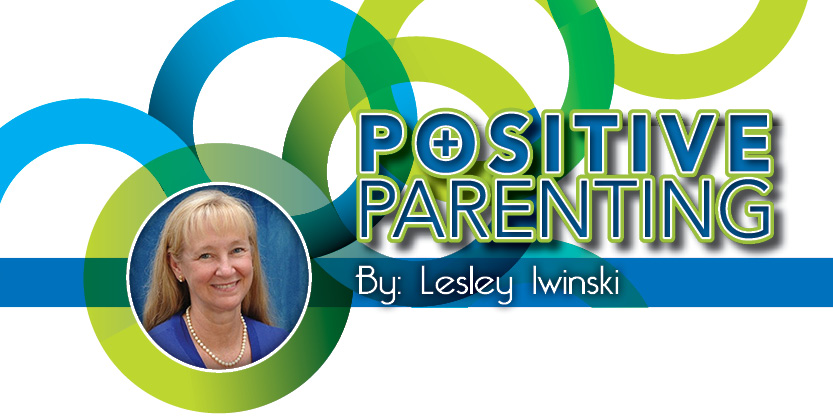Positive Parenting: How to Share Sad News With Children
The goldfish went belly-up while Heidi was at school. Chipper, the parakeet, flew out the front door when you left for errands this morning. Aaron’s good friend is moving far away. A parent or grandparent is seriously ill.
As much as we would like to shield our children from bad news – and wish to avoid it ourselves – life asks that we address difficult topics with honesty and empathy.
The way parents handle the small losses, such as goldfish and hamsters, can be an opportunity for learning how to handle the more difficult situations that inevitably arise.
Since pain is unpleasant, we often tend to rush in an attempt to “get it over” as quickly as possible, much as we might rip off a Band-Aid.
Recognize that pain, while unpleasant, cannot be avoided. Acceptance of that fact allows us to better heal from the hurt and integrate the experience into our lives.
We must make room for the news to sink in, and allow the space and time necessary to process the grief along with other feelings that arise as a result.
Empathy and compassion – for ourselves and for our children – are invaluable.
Here are some helpful do’s and don’ts:
DO:
– Create a safe space and time to share unpleasant news.
– Be prepared for intense emotions such as fear, sadness or anger.
– Keep your voice calm and steady, and offer your lap or your arms.
– Be honest while appropriate to the age of your child. For example, “Grandpa is very sick.”
– Empathize. Let your child know you understand.
– Allow for days, weeks, even months for him to talk about it.
– Be positive where you sincerely can be.
– Ask for ideas or suggest things to do to help the situation. Draw a picture. Make or buy a card. Bake something together. This empowers the child authentically so she doesn’t feel so helpless.
DON’T:
– Buy a new pet and hope the child won’t notice. Use every small opportunity to teach.
– Tell a child there is no need to be sad or angry or scared. This invalidates her experience and she will feel worse.
– Use vague terms like “Aunt Sophie has gone away” or “went to sleep.” They confuse and can frighten children who may become afraid of going to sleep in case they don’t wake up either.
– Expect children to “get over it” quickly. The topic will likely come up frequently. Be patient.
– Offer false hope.
– Put your children in the position to feel as though they must take care of you. Reassure them that you can take care of your own feelings and that you will help them take care of theirs as well.
Dr. Lesley Iwinski is the mother of three grown children, a family physician and owner of Growing Peaceful Families, LLC. She offers classes, workshops and seminars.
Info: (859) 333-3053 or www.growingpeacefulfamilies.com.

